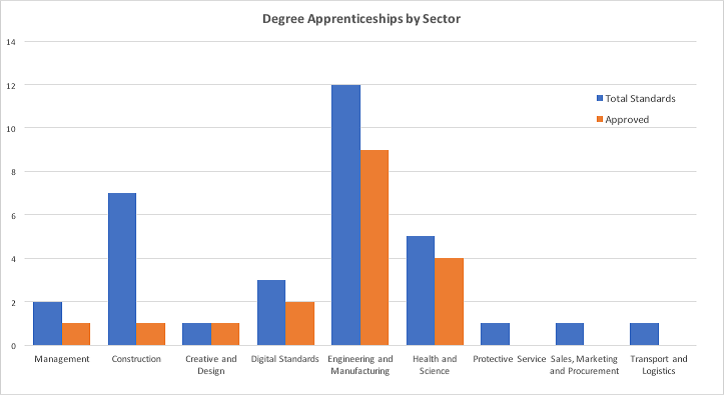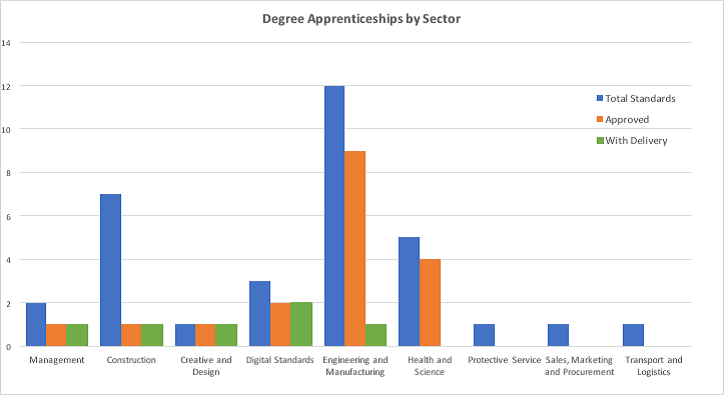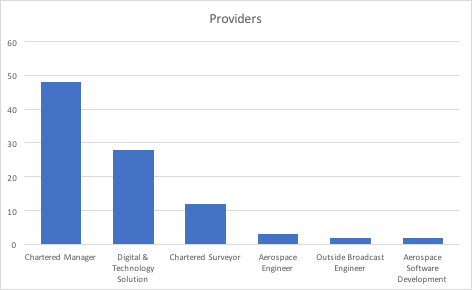New guidance on T-level work placements has been criticised by the Association of Colleges, which fears providers will struggle to fit in the minimum 45 days per learner.
The Education and Skills Funding Agency’s guidance has fleshed out Justine Greening’s announcement in July, which said £50 million would be available from April 2018 for “high-quality” work placements, before the new “gold-standard” technical qualifications achieve lift-off.
It outlines the main expectations for accessing the capacity and delivery fund (CDF), and stipulates that placements should be an average length of 50 working days, within a range of 45 to 60, for a minimum of 315 hours.
But the AoC boss David Hughes warned there would be an “issue” even meeting the minimum time period.
“It may prove impossible to fit in the 45 days of work placement, plus the full vocational qualification and English and maths,” he said.
“There are some equally interesting challenges about transport for students and access to the full range of work placements to cover all routes, so that young people have a proper choice.
“I hope that the ESFA will use this funding to learn more and evaluate properly what works; I also hope that the bureaucracy can be kept to a minimum.”
The guidance conceded that delivering significant work placements during T-levels would be “a significant step change for the sector”.
“This is why this funding is being provided now, to help build capacity ahead of the roll out of T-levels, from 2020,” it added.
But the document was clear that work placements “must be delivered on top of the usual planned hours, which must be recorded in the usual way”.
“For some students, particularly in rural areas where the placement may require additional travel, using some of the funds to support student travel and subsistence would be acceptable,” it said.
The agency expects providers and employers to “start developing the capacity and capability to deliver work placements now in advance of the introduction of T-levels from 2020”.
The CDF, it stressed, will be available from April to “facilitate the build-up of capacity and capability” of “substantive work placements” in 2018/19.
General vocational qualifications are included but applied general qualifications are not
Within this first year of funding, the CDF will not be linked directly to T-levels, and funding “will allow for the development of students on a vocational programme to undertake a substantive work placement”.
With regards to eligibility, the ESFA said: “General vocational qualifications are included but applied general qualifications are not”.
For the period up to July 2019, the ESFA will allocate the CDF “based on the number of qualifying students in the 2015 to 2016 academic year, at a funding rate of £250 per qualifying student”.
Qualifying learners should be full-time and aged 16, 17 or 18, while those aged 19 at the beginning of their two-year programme won’t be included.
Such qualifying learners must be enrolled on level two and three courses, “with a vocational core aim, which might be included in the technical education routes planned for introduction from 2020 to 2021 academic year”.
It also warned that access to CDF in 2018/19 “does not imply future eligibility to deliver or receive funding for the development or delivery of T-levels”.
Providers with low numbers of qualifying learners will be allocated a “flat rate”. Those with one to 10 appropriate learners will be allocated £2,500, while those with 11 to 20 will be allocated £5,000.
Payments will start from next August and providers must fill-in and submit an implementation plan template to the ESFA by November 24.
To find out more, click here.

 She stressed the need to invest the same level of energy and commitment to boosting skills training, for example through planned new “gold standard”
She stressed the need to invest the same level of energy and commitment to boosting skills training, for example through planned new “gold standard” 





